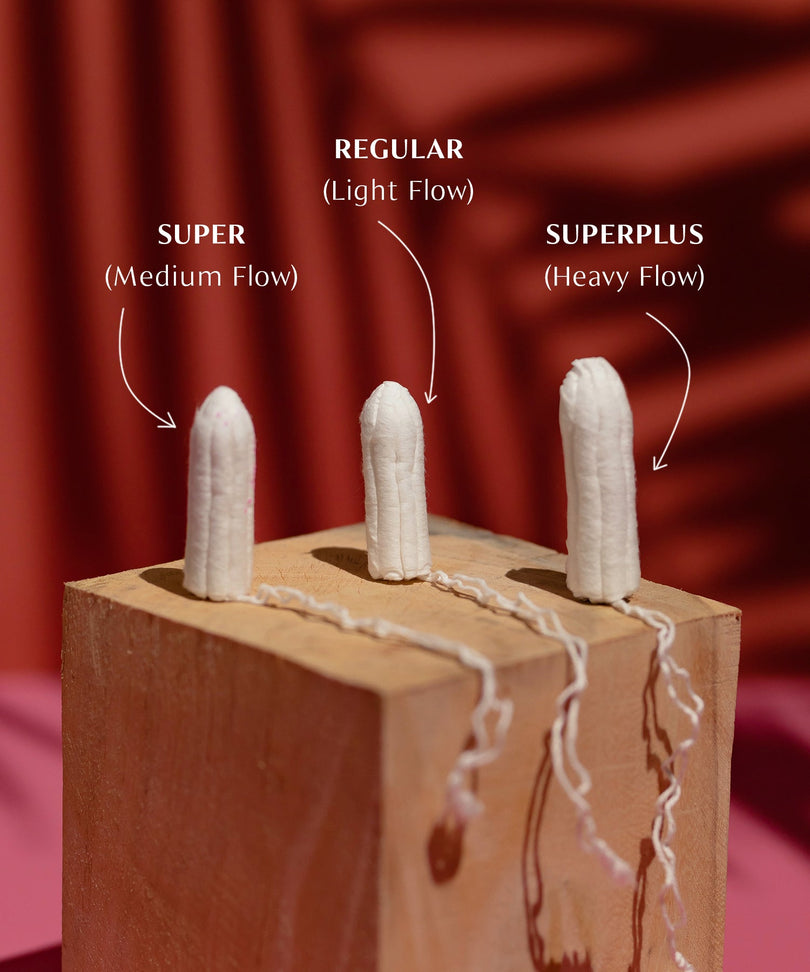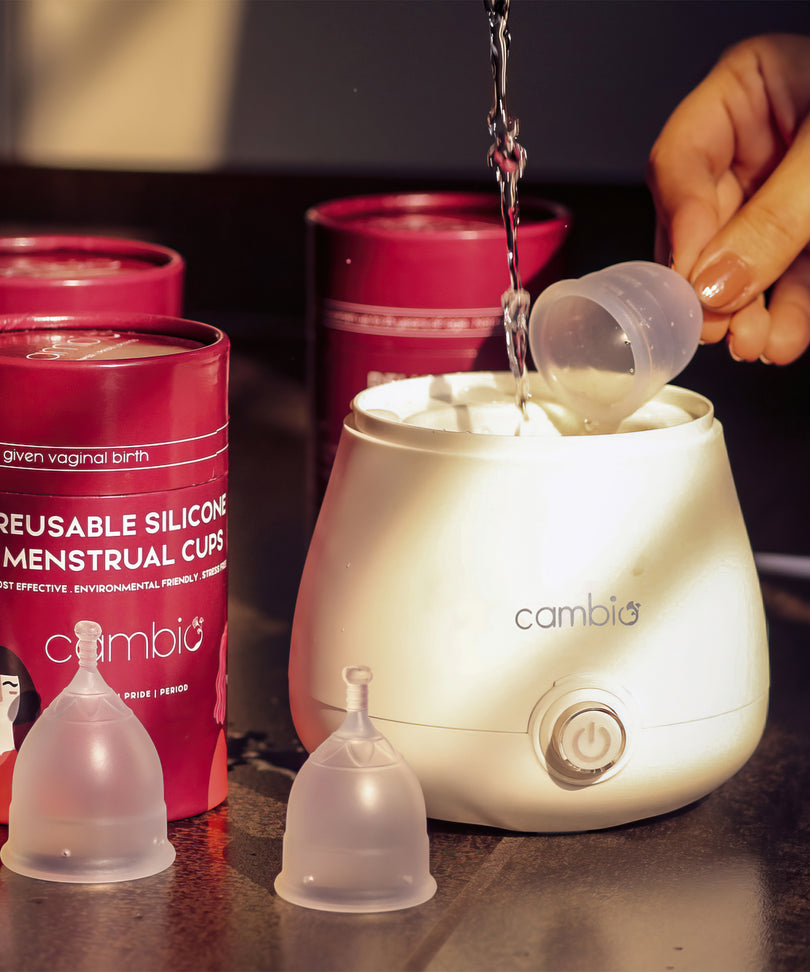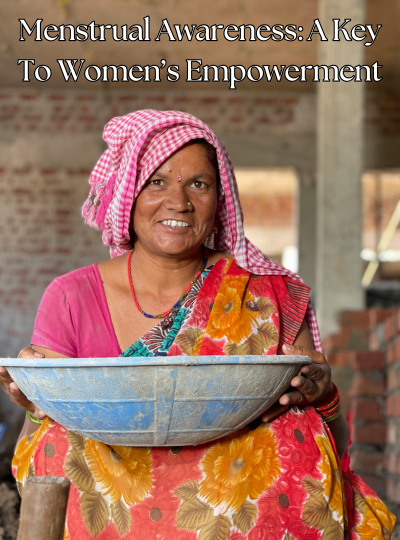Seek Medical Support: Work closely with a healthcare provider who understands endometriosis. Treatment options may include pain management, hormonal therapies, or surgery.
Pain Management: Over-the-counter pain relievers like ibuprofen or prescribed medications can help manage pain. Heat therapy, such as heating pads or warm baths, may provide relief.
Lifestyle Adjustments: Maintaining a healthy diet, regular exercise, and good sleep hygiene can help manage symptoms. Some people find that reducing certain foods (e.g., dairy, gluten) can reduce inflammation.
Stress Management: Stress can exacerbate symptoms, so mindfulness, meditation, yoga, and other relaxation techniques may help manage stress and pain.
Track Symptoms: Keep a journal of symptoms, menstrual cycles, and triggers to help you and your doctor find effective treatments.
Support Networks: Connecting with others who have endometriosis can provide emotional support, practical advice, and encouragement.
Consider Fertility Options: If fertility is a concern, discuss options like assisted reproductive technologies or fertility preservation with your healthcare provider.
Advocate for Yourself: Since endometriosis symptoms can vary, it's important to be proactive about seeking treatment and advocating for yourself, especially when facing dismissive attitudes or delays in diagnosis.
What is Endometriosis?
Endometriosis is a condition in which tissue similar to that around your uterine lining grows outside the uterus, reaching organs like the ovaries, fallopian tubes, bladder, bowel and rectum, and pelvic tissues.
These endometrial tissue growths act similarly to the uterine lining, thickening and breaking down according to the menstrual cycle. This is why the condition is painful for those who live with it, especially during menstruation. Pain during sex, bowel movements and urination, infertility and excessively heavy periods are some common symptoms of endometriosis.
It is estimated that 247 million women suffer from endometriosis globally, out of which 42 million women are from India. Despite the condition being so widespread among menstruators, it often takes years to diagnose correctly, leaving patients in doubt about the validity of their symptoms. This is because some areas of endometrial growths are in locations that cannot be clearly detected by current imaging techniques.
While the medical field has its work cut up for improving the care provided for endometriosis patients, there are many lifestyle changes patients can implement to reduce the severity of their symptoms.
Staying active with exercise
While working out may not seem as exciting when you’re in pain, having an active lifestyle with at least 30 minutes of light-to-moderate activity everyday can make a significant impact on your endometriosis symptoms.
Regular exercise helps promote blood circulation to your organs, improving the flow of nutrients and oxygen to your vital organs. Exercising also helps with hormone regulation as it prevents the production of excess estrogen. The release of endorphins through exercise naturally helps to relieve pain and improve your mood.
The types of activities you can engage in depend on your current fitness levels and your preferences! Running, strength training and calisthenics are some high-intensity exercises that boost your fitness and endurance levels. Stretching, walking and yoga are some low-intensity exercises that you can easily pick up to begin a fitness regimen.
Also read - Kapalbhati in periods
Eating a well-balanced anti-inflammatory diet
Your diet can act as a reliable line of defense against endometriosis symptoms, by controlling factors like inflammation and hormone levels, especially prostaglandin and estrogen.
By eating more fruits and vegetables, you provide your body with an adequate supply of micronutrients to help ease pain, reduce inflammation and help remove excess estrogen.
Lowering your intake of trans fats and red meats and opting for food items with Omega 3 fatty acids like walnuts and flax seeds also helps with endometriosis. Omega 3 fatty acids can inhibit the production of prostaglandins which cause pain and inflammation.
Also read - Cranberry juice during periods
Pain management
There are many pathways you can take to manage chronic pain from endometriosis. Discuss these options with your doctor and figure out which ones suit your needs best.
You can take pain medication like Ibuprofen to inhibit the production of prostaglandins or you can get a prescription for more extreme pain.
You can also use heat therapy to combat pain, such as taking a warm shower or using a hot water bag. The dilation of your blood vessels when exposed to heat help your muscles relax.
Alternative therapies like acupuncture, herbal medicine and vitamin supplements can also help with pain management.
Also read - Home massage for period cramps
Stress management
Dealing with chronic pain and other endometriosis symptoms can take a significant toll on your mental health, and can interfere with your work and your relationships.
Stress levels and endometriosis can exacerbate each other, turning into a vicious cycle for some. If you find yourself a victim of this cycle, you can try some relaxation techniques like meditation, visualisation, and deep breathing to reduce the activity of your stress hormones.
Getting a good night’s sleep is also vital to managing your stress levels. Aim for 7-8 hours of high-quality sleep every night. Try to avoid using your devices about an hour before you’re supposed to be in bed, and aim to wake up and go to sleep at around the same time everyday.
You can also turn to mental health professionals for support and opt for therapy.
Also read - Sleeping position during periods
Finding support
You are not alone as an endometriosis patient. While it can take years to get a clear diagnosis, there are many communities, both online and offline which cater to providing support to endometriosis patients or people with other menstrual disorders.
By reading about or discussing issues about sex life, pain management, social life, poor experiences with doctors etc., you can learn about how others have been able to cope with certain experiences that endometriosis patients go through. Finding support among friends, family and fellow patients is important, but not as important as the medical support you can get from doctors and specialists who can help you manage your symptoms and deal with infertility.
Read more
Exercise to relief during period cramps
Can I drink coconut water during periods?
Can I do yoga with a menstrual cup?









